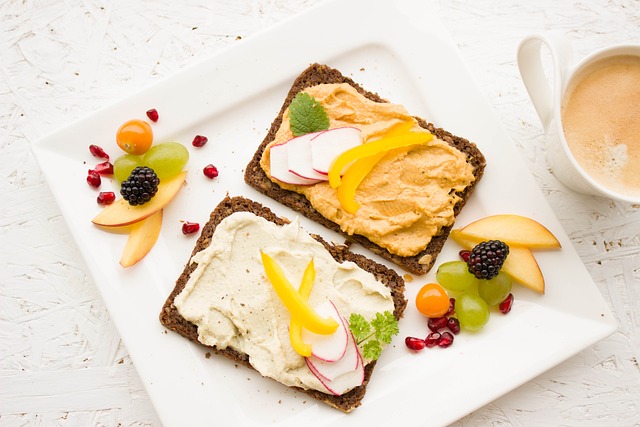Probiotics 101: Everything You Need to Know for Optimal Gut Health
Welcome to our comprehensive guide on probiotics and their role in maintaining optimal gut health. In recent years, probiotics have gained significant attention for their potential health benefits. Let’s dive into the world of probiotics and learn why they are essential for our overall well-being.
What Are Probiotics?
Probiotics are live bacteria and yeasts that are beneficial for our health, especially our digestive system. Our gut is home to trillions of bacteria, both good and bad. Probiotics are the “good” bacteria that help maintain a healthy balance in our gut microbiome, promoting proper digestion and nutrient absorption.
Types of Probiotics
There are different types of probiotics, but the most common ones belong to the Lactobacillus and Bifidobacterium genera. These probiotic strains have been extensively studied and are widely available in various food and supplement forms.
Health Benefits of Probiotics
Probiotics offer several health benefits, including:
- Improved Digestion: Probiotics help break down food, enhance nutrient absorption, and prevent digestive issues like diarrhea, constipation, and bloating.
- Enhanced Immunity: Probiotics support the immune system by keeping harmful bacteria in check and activating immune cells.
- Reduced Inflammation: Certain probiotic strains have anti-inflammatory properties, which may help alleviate symptoms of inflammatory bowel diseases like Crohn’s disease and ulcerative colitis.
- Weight Management: Some studies suggest that certain probiotics can help in weight loss and prevent obesity.
- Mental Health: The gut-brain axis is a bidirectional communication system between the gut and the brain. Probiotics play a role in this axis and may have a positive impact on mental health conditions like depression, anxiety, and stress.
Sources of Probiotics
Probiotics can be obtained through various sources, including:
- Yogurt: Yogurt contains live cultures of beneficial bacteria, such as Lactobacillus and Bifidobacterium.
- Kefir: Kefir is a fermented milk drink with a slightly tangy taste. It is a rich source of probiotics.
- Sauerkraut: Fermented cabbage, known as sauerkraut, is a traditional probiotic food that provides a range of beneficial bacteria.
- Kombucha: Kombucha is a fermented tea that contains probiotic microorganisms.
- Kimchi: Kimchi is a spicy fermented vegetable dish originating from Korea. It contains Lactobacillus bacteria and other probiotic strains.
Choosing the Right Probiotic Supplement
If you prefer using probiotic supplements, it’s crucial to choose the right one. Here are a few factors to consider:
- Strain Diversity: Look for a supplement that offers a wide variety of probiotic strains to enhance the overall balance of your gut microbiome.
- CFU Count: CFU stands for Colony Forming Units, which indicates the number of viable probiotic organisms in each dose. Higher CFU counts provide greater benefits.
- Survivability: Ensure that the supplement has a protective technology to ensure the survival of bacteria through the harsh stomach acid.
- Quality and Reliability: Choose a reputable brand with third-party lab testing and positive customer reviews.
Prebiotics: The Perfect Companions for Probiotics
Prebiotics are non-digestible fibers that act as food for probiotics. Including prebiotic-rich







